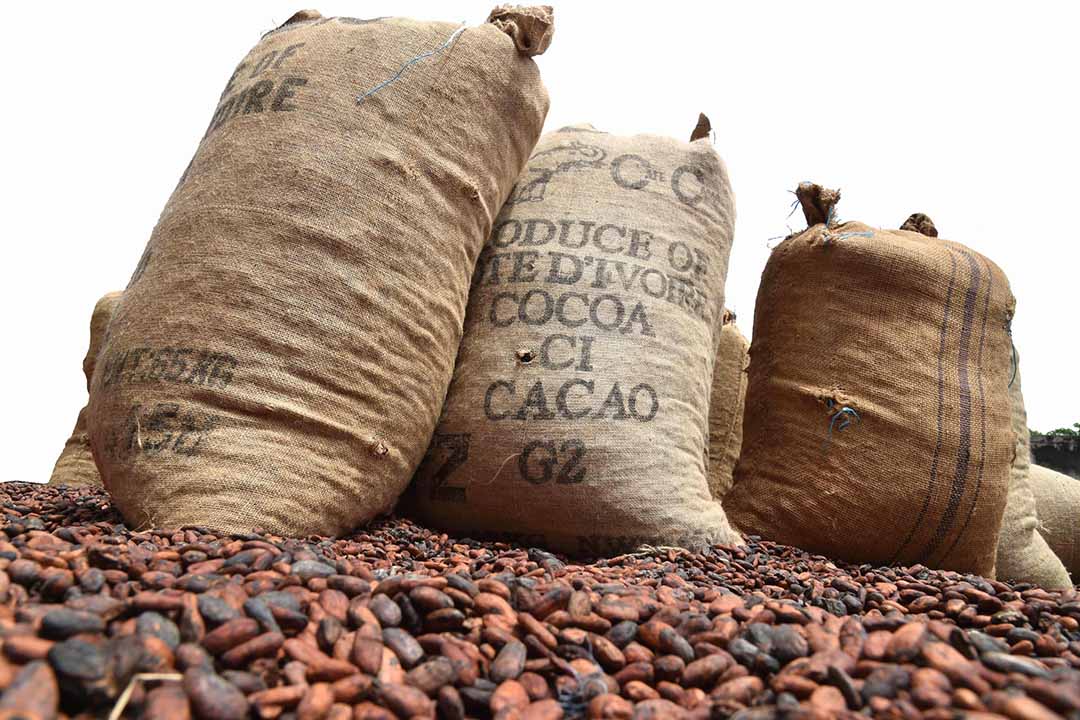
UNCTAD’s claims that commodity producers in several African countries are deliberately misinvoicing exports to hide illegal capital flight are mostly based on faulty data
In July 2016, the United Nations Conference on Trade and Development (UNCTAD) published a report titled Trade Misinvoicing in Primary Commodities in Developing Countries: The cases of Chile, Côte d’Ivoire, Nigeria, South Africa and Zambia. The report accused commodity companies operating in these countries of large-scale misreporting of exports to hide illegal capital flight.
Illegal capital flight is motivated by the desire to avoid being taxed in high-tax jurisdictions, as well as to avoid exchange controls and hide illegal earnings. One way of achieving illegal fund transfers is to understate the value of exports or overstate the value of imports.
To measure such fraudulent activities, UNCTAD uses the UN Comtrade database to compare reported exports by destination countries with reported imports by major trading-partner countries. Only commodities that make up a substantial proportion of exports are examined. A margin of 10% between imports and exports is provided for freight and insurance costs. Any difference greater than this, UNCTAD alleges, is proof of deliberate “misinvoicing”.
The report claims to find clear evidence of “substantial export misinvoicing − both underinvoicing and overinvoicing – in all five countries, with a clear preponderance of export underinvoicing, except for copper exports from Chile. It is, therefore, clear that export misinvoicing could be an important channel of capital flight from these countries”.
UNCTAD calculated that misinvoicing for commodities over the 2000-14 period amounted to $103 billion for South Africa, $17 billion for Zambia, $39 billion for Nigeria and $4 billion for Côte d’Ivoire. The report rejected suggestions that its results might reflect reporting errors. Instead, it called for investigations into “smuggling” by commodity exporters and oil importers in Nigeria. Its claims were widely reported, mostly without question.
However, several reports have cast doubt on the validity of UNCTAD’s claims. Some of the reported errors focused on issues that specifically related to claims made about South Africa. But others focused on methodological errors in the UNCTAD report that apply equally to all of the countries investigated.
The criticisms specific to South Africa focus on UNCTAD’s claim that gold producers underinvoiced exports from the country by $78 billion, and platinum and silver by $24 billion. Critics swiftly pointed out that during the period studied South Africa did not report gold exports by country of destination in its trade data. This was in line with global reporting conventions and reflects gold’s historical status in the global financial system. UNCTAD failed to recognise this in its claims.

A report by Eunomix for the South African Chamber of Mines noted that alternative data measuring SA gold exports is easily available. Had UNCTAD used this data it would have found a very much smaller difference between these reported exports and the imports reported by major trading partners in the UN Comtrade database.
Eunomix suggests that rather than export misinvoicing, a further problem with UNCTAD’s claims lies in incorrect import measures in the UN Comtrade data. It is possible, Eunomix argues, that importers incorrectly report the origin of gold refined in South Africa on behalf of other African countries. Likewise, platinum from Zimbabwe that is refined in South Africa may be incorrectly reported. South Africa, correctly, does not count such gold or platinum in its exports. But it is possible that importing countries fail to correctly record their true origin.
The origins of the misinvoicing error in UNCTAD’s analysis may, therefore, lie in misreported imports rather than exports. It is incorrect, therefore, to claim that misinvoicing is a deliberate action designed by exporters to disguise capital flight.
The same argument can be extended to UNCTAD’s claims of deliberate misinvoicing by exporters in Côte d’Ivoire and Zambia and by both exporters and importers in Nigeria. UNCTAD suggests the errors reflect deliberate misinvoicing, but there are strong reasons to believe they simply reflect poor data.
For a start, in all the data there is never consistent under- or over-invoicing by major trading partners. For example, in the case of copper exports from Zambia, UNCTAD reports the overinvoicing of $31.8 billion to Switzerland, but underinvoicing to China of $5.6 billion. For cocoa from Côte d’Ivoire, exports to the Netherlands are overinvoiced by $4.9 billion and underinvoiced by $4.6 billion to Germany. Similar inconsistencies are revealed in oil exports from Nigeria and iron ore exports from South Africa.
It cannot make sense that companies who are deliberately misinvoicing to some countries to hide capital flight, as UNCTAD alleges, would overinvoice to other countries and reduce their opportunity for capital flight. A more likely explanation is that countries of origin are incorrectly reported and the problem lies with the data rather than deliberate error to hide illegal activity.
Explanations for why the data is faulty can be found in the nature of global commodity trading and shipping. Commodities such as iron ore, copper, oil and cocoa are often sold several times on global commodity markets before reaching their final destination. In the case of base metals such as copper, ore may sit in the warehouses of the London metals exchange for months before being sold to its final consumer.
Commodities may also pass through intermediate ports, or entrepôts, before reaching their final destination. The so-called “Rotterdam effect” is a well-known problem for international trade statistics. Large amounts of global traded goods pass through ports such as Rotterdam before being transhipped onwards to their final destination.
Goods seemingly exported to the Netherlands are not reflected in imports by the Netherlands because they were on-shipped elsewhere.
Thus, it is unsurprising that UNCTAD reports overinvoicing to the Netherlands of cocoa from Côte Ivoire, oil from Nigeria, and iron ore from South Africa.
Reports of massive overinvoicing of copper exports from Zambia to Switzerland can be similarly explained. UNCTAD notes that more than 50% of Zambia’s copper exports are invoiced to Switzerland, but Switzerland reports no copper imports from Zambia at all. The explanation for this lies in the fact that Glencore, a major commodities trader, is based in Switzerland. While exporters reflect purchases of Zambian copper as destined for Switzerland, the copper is either immediately on-sold or stored in the London metals exchange warehouses until final sale. Given this, it is inevitable that the country of destination reflected on export invoices will be different from the country of origin on imports.
It is, therefore, unsurprising that UNCTAD’s analysis also reveals a number of other countries showing export underinvoicing. This reported underinvoicing simply reflects the final destination of the exports that were overinvoiced elsewhere, and cannot be treated with the same suspicion as export underinvoicing, as UNCTAD does. Much of the Côte d’Ivoire cocoa overinvoiced to the Netherlands probably ends up in Germany, where cocoa is now reflected as underinvoiced. Overinvoiced Zambian copper exports to Switzerland end up underinvoiced as imports in, say, China.
Misinvoicing is therefore neither deliberate, nor is it used to disguise illegal capital flight – at least not remotely on the scale UNCTAD alleges. It simply reflects the reality that at the time of export, many producers of commodities traded on global exchanges, such as iron ore, copper, cocoa or oil, do not know the final destination of their exports. The export invoices, therefore, reflect the initial destination. The commodity may be on-sold or transhipped from the initial port of delivery to a final destination. The exporter cannot accurately reflect this final destination on its invoices because it was unknown at the time of shipment.
Rather than fraud, as UNCTAD alleges, misinvoicing is an inevitable consequence of the difficulty in accurately measuring exports and imports.
Final evidence of this is provided by trade analyst Maya Forstater, who notes that global measures of total imports and exports fall within the 10% margin allowed for transport and insurance costs. This means the billions of dollars of misinvoicing reported at the country level cancel each other out. This cannot be coincidental.
The problem, Forstater suggests, lies with the reporting of the destinations of exports and the origin of imports, rather than with some putative understatement of exports themselves. They, therefore, provide no evidence of illegal capital flight.



